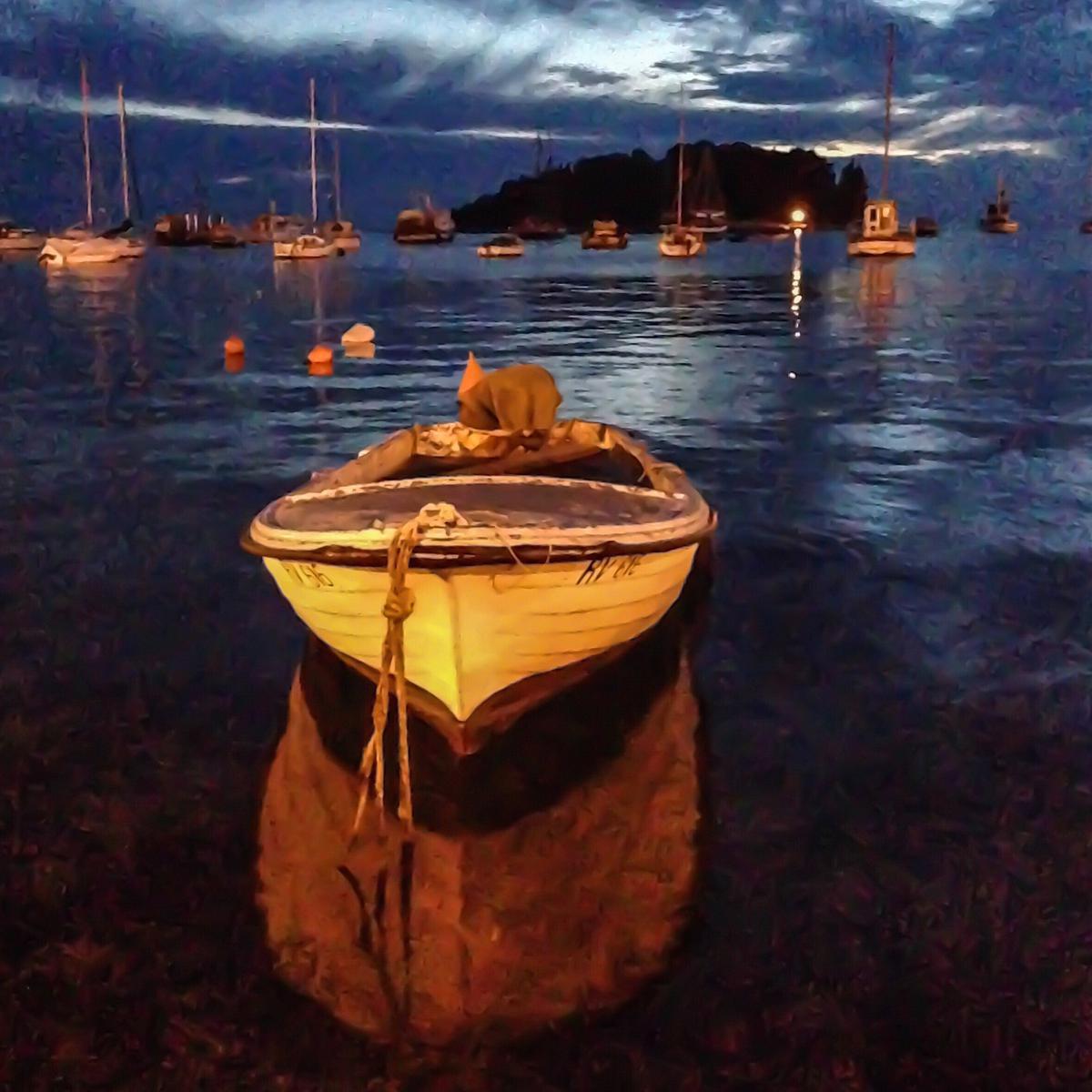Neighbors
Shortly after, I got the chance.
Sasha and I were staying in a vacation rental owned by a Bosnian Serb couple, Ivan and Maria. Leaving Bosnia when they were young, they spent forty years working in Austria while building their house in Istria. Their daughters had married Austrians, but they all held Croatian passports, “
just in case
.”
During the war of the 1990s, Muslim neighbors whom they had known and been friendly with for years murdered their Christian parents in Bosnia. Long after the war ended, Ivan and Maria finally went back and, after an exhaustive search, found their parents’ bodies buried in a field near their old house.
I heard a number of such stories—of atrocities, of reprisals, of simple disagreements between neighbors. They never got easier to accept. I had wonderful interactions with most of the people I met in Istria. Would that have been the case if our family had stayed? Or would I, too, have been pushed to take sides? Would I share the rage or envy or guilt experienced by so many here who had lived through the wars?
Ivan and Maria had no interest in going back to Bosnia, but they didn’t feel at home in Austria, either. They liked Istria well enough, but found the locals hard to deal with, and couldn’t fit in completely.
“They all think,” said Maria, “that we went abroad and got wealthy while they stayed home and suffered. Well, we worked hard for what we have. While they led normal lives, we worked at full time jobs in Austria during the week, then drove here every weekend and slaved to build this house. Who are they to think we had it easy?”

